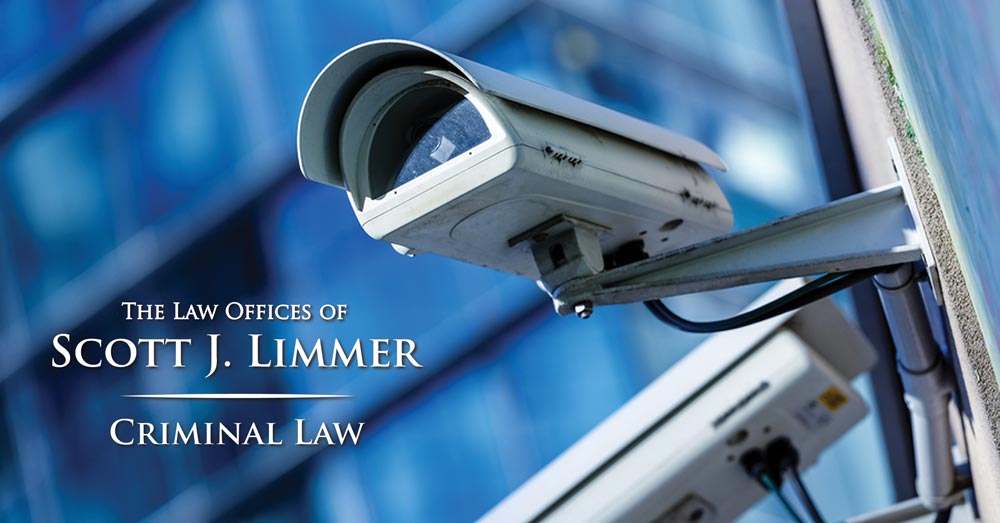A case headed for the Virginia Supreme Court raises the issue: do police violate government information disclosure laws by storing license plate numbers captured by their increasingly common equipment, automatic license plate readers (ALPRs).
The devices, now used about 75% of police forces in the nation, either fixed on stationary locations, such as phone poles, or mounted on the backs or roofs of police cruisers, can capture and record images of hundreds of license plates per minute; using optical character recognition, plate numbers are automatically compared to “hit list” databases of invalid or stolen plates, and of vehicles for which police are searching.
Makers of the ALPR devices and many police forces argue the privacy argument is misplaced. Unlike individually identifiable data like medical information or Social Security numbers, license plate numbers are meant to be displayed and aren’t inherently sensitive data. So, this argument runs, no one is entitled to claim privacy protection to something meant to be in plain sight. Police groups argue ALPRs also simplify and speed up routine tasks like recovering stolen vehicles and identifying suspicious movements, such as vehicles that archived records can show were at the scene of burglaries and other crimes.
Civil liberties groups on the other hand complain that storing the data on large numbers of citizens, in the absence of any reason to connect them with a specific crime, amounts to illegal surveillance and presents opportunities for misuse in tracking the movements of law-abiding citizens. Even Virginia’s former Republican attorney general in 2013 issued an opinion holding that while use ALPRs to investigate active cases was lawful, but retaining ALPR data without a need clearly shown in advance was not.
After that, Virginia’s state troopers began dumping collected data after 24 hours, but many local police forces chose to retain it for weeks, months or even years. In 2015, the Virginia state legislature passed a bill to end retention of ALPR data, but the state’s governor vetoed it, citing objections from local police.
In November, a Fairfax County judge rejected a local man’s request that the court declare local police violate a state privacy law, the Government Data Collection and Dissemination Practices Act, and order it stopped. As a matter of law, the judge decided, license plate numbers do not amount to “personal information” covered by the state privacy statute, which generally requires legal authorization for collecting or retaining personal information.
If the Virginia Supreme Court agrees to hear the appeal of the lower court’s dismissal of the challenge to current practice by many police forces, that might provide an avenue for bringing the controversy before the U.S. Supreme Court. Even if this case does not reach higher courts, the growing use of ALPRs makes it all but inevitable their use will attract greater attention, either from courts or legislators.
Twelve states, not including New York, have already responded to the potential privacy issues in retaining data by either forbidding it without specific authorization or enacting limits on how long ALPR-generated data can be kept. It’s likely more states will consider whether new controls are needed on their use, especially on the retention and access of routinely gathered data.
